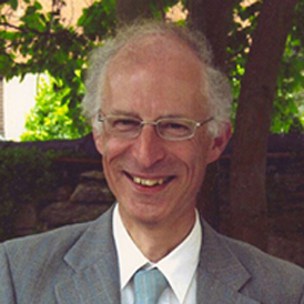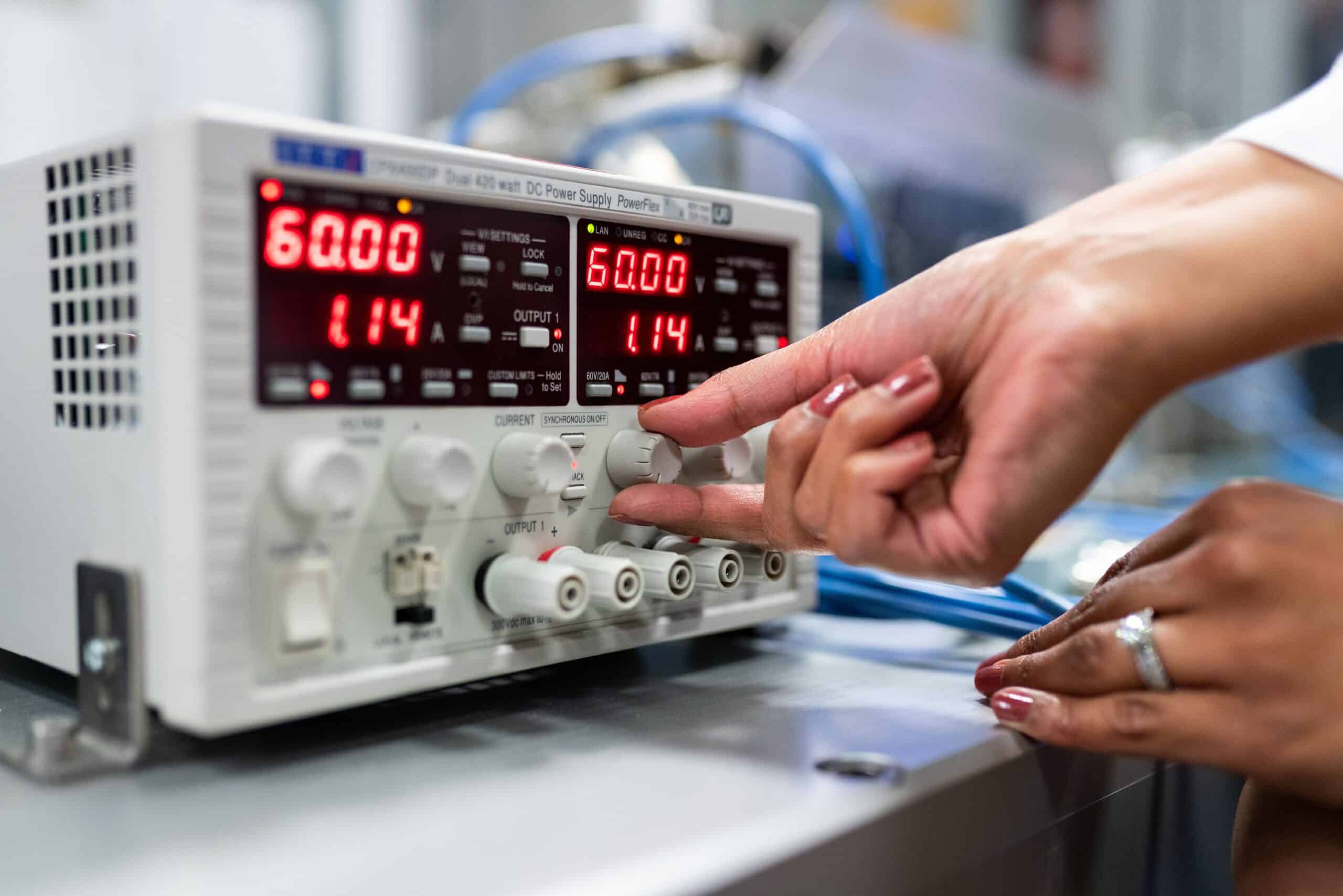Name: Professor Brian Golding
Job title: Head of Forecasting Research and Development
Employer: Met Office
Why did you choose this career:
I wanted to study the weather, which became an interest following a series of articles on studying the local environment in a science magazine I received when in year 8.
Qualifications:
A-levels in double mathematics, physics and geography; first degree in Mathematics at Leeds. Later I also carried out research for a PhD in meteorology at Reading University while employed by the Met Office.

How do you use maths in your job:
My job is concerned with developing R&D strategy, directing the R&D, planning and managing the work. The first two of these reuqire that I have an understanding of the research methods being used or proposed to be used by my scientific staff, which are all mathematics based. They range from representations of atmospheric or oceanic processes such as clouds or radiation in terms of differential equations; through methods of solving the equations – numerical methods, data assimilation and boundary conditions; to statistical techniques for calibrating the results. Planning and managing the work, by contrast, requires understanding of financial budgetting and forecasting, together with the formulation and monitoring of progress metrics, so that the available resources are applied in the most effective manner to achieve the short and long term goals of the Met Office.

What’s the best thing about the job:
After a significant weather event, getting involved in the post-event analysis to work out why the weather system developed in the way it did, and how it could have been forecast better.
What’s the worst thing about the job:
Meetings on organisational structure and housekeeping.
Is there any advice you would give:
If you are interested in a career in weather, take mathematics as far as you can. A-level mathematics plus a physical science degree is the minimum. If you want to go into human impacts, you still need the maths – but a joint degree with a good maths component should be OK.
What do you want to do in the future:
In a few years I shall retire and then I hope to do some research into the micro-meteorology of the East Devon valley in which I live.






